How is this relevant to the real world?
Global pandemics suck because they make it difficult to meet new people.
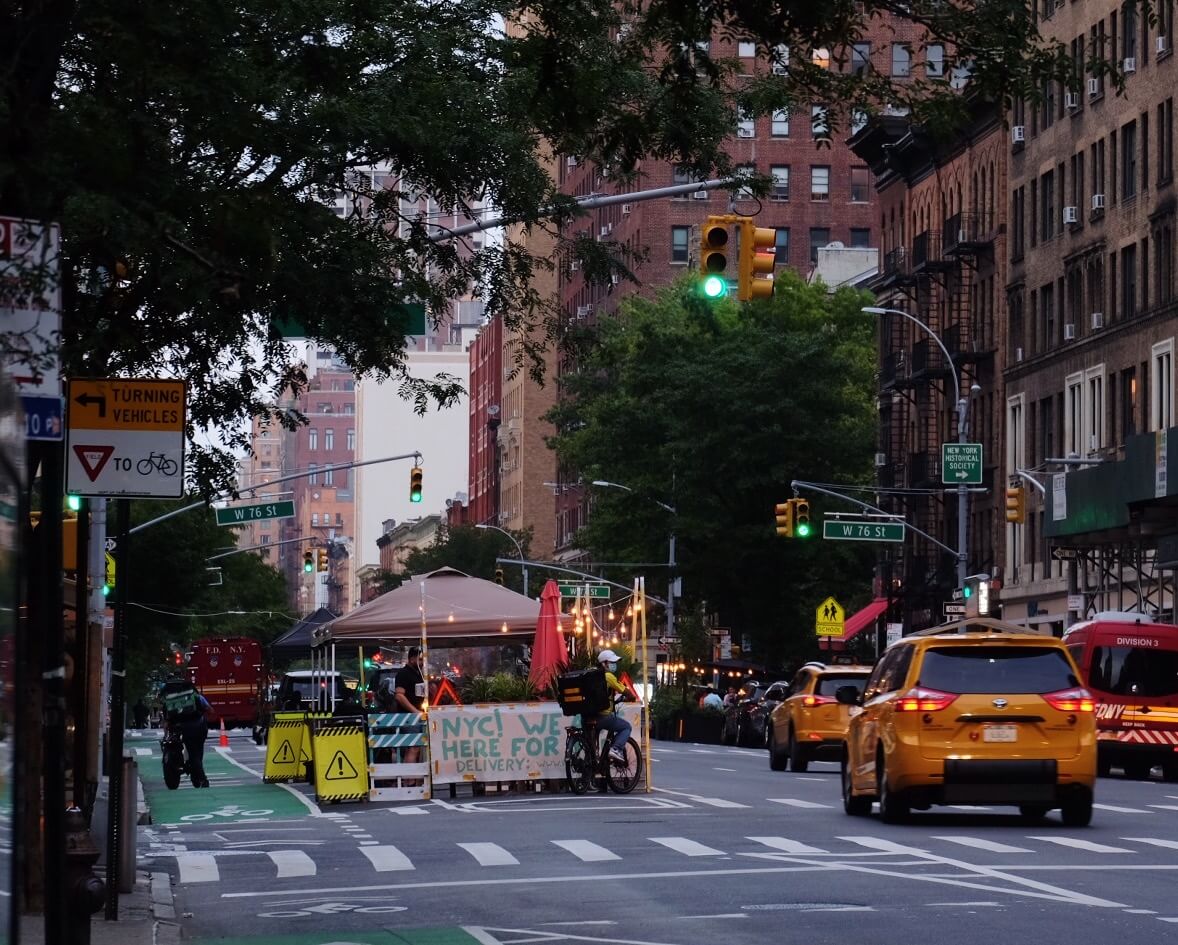
They also suck for other reasons. I'm aware of the other reasons.
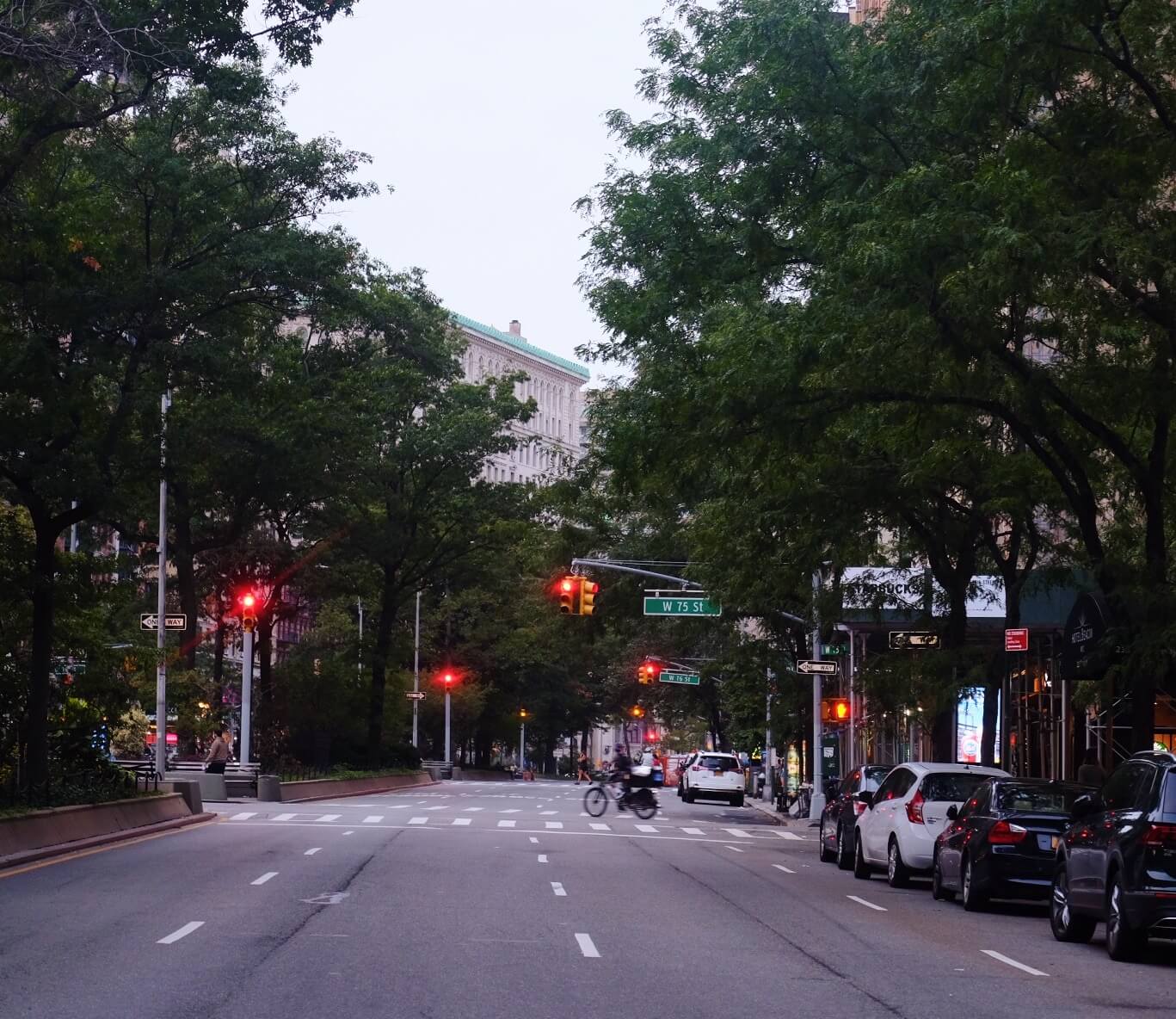
But I'm particularly aware of this reason right now as the whole New York thing is all very New To me.
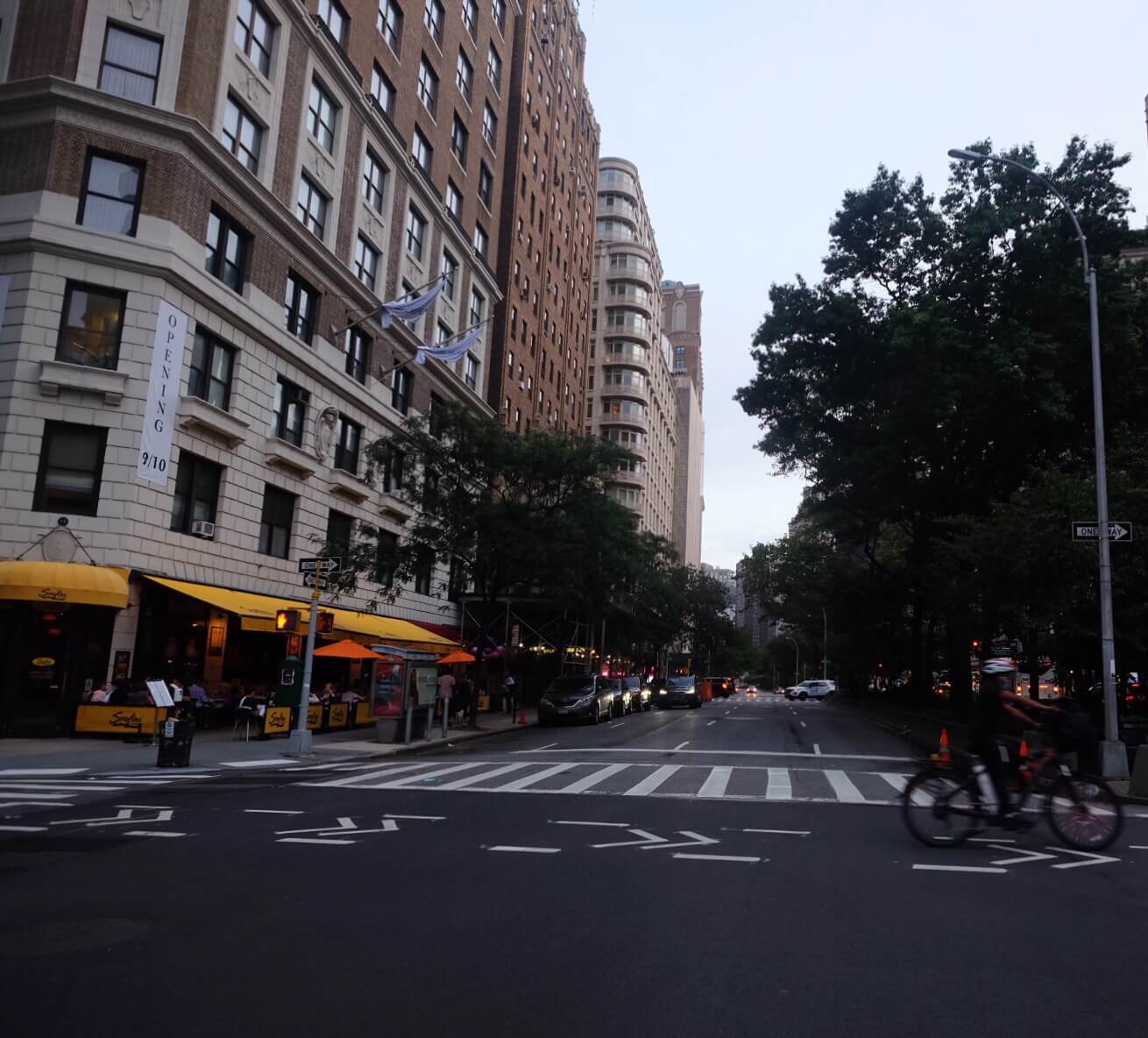
Being in a new place and trying to carve out my place in it reminds me how much of our experiences as humans are subjective, even though we act as though they are objective.
Things that are subjective exist only within human consciousness. For example, if all humans vanished tomorrow, subjective things like the economy and all of human culture would vanish with us.
Does that mean the economy isn't real? Depends on who you ask.

Things that are objective exist regardless of human consciousness. The laws of mathematics survive, the tides keep changing, and cosmic rays keep falling without it.
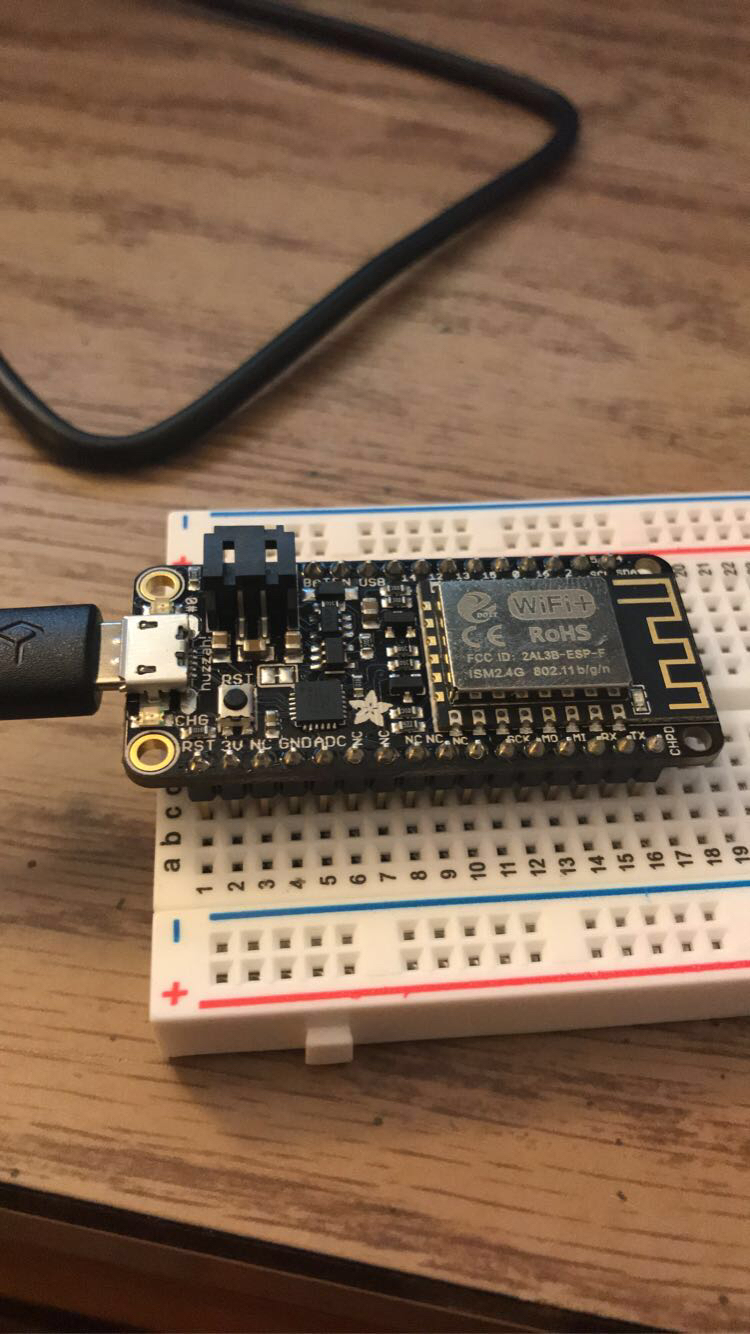

As it is most basically a germ, you'd think this pandemic would be treated as something objective.


If you weren't able to know that it was a pandemic, and all you had to infer what this thing is was its wake of deliberation and policy, you might think COVID-19 was some radical ideology or some existential foreign threat.

And it's quite hard to address a problem like a pandemic when you can't identify what it actually is that is the problem.

I blame social media for this. (And its why I make these blogs)

Humans are more likely to interact with things that make sense to them, things that apply to them, and things they agree with.
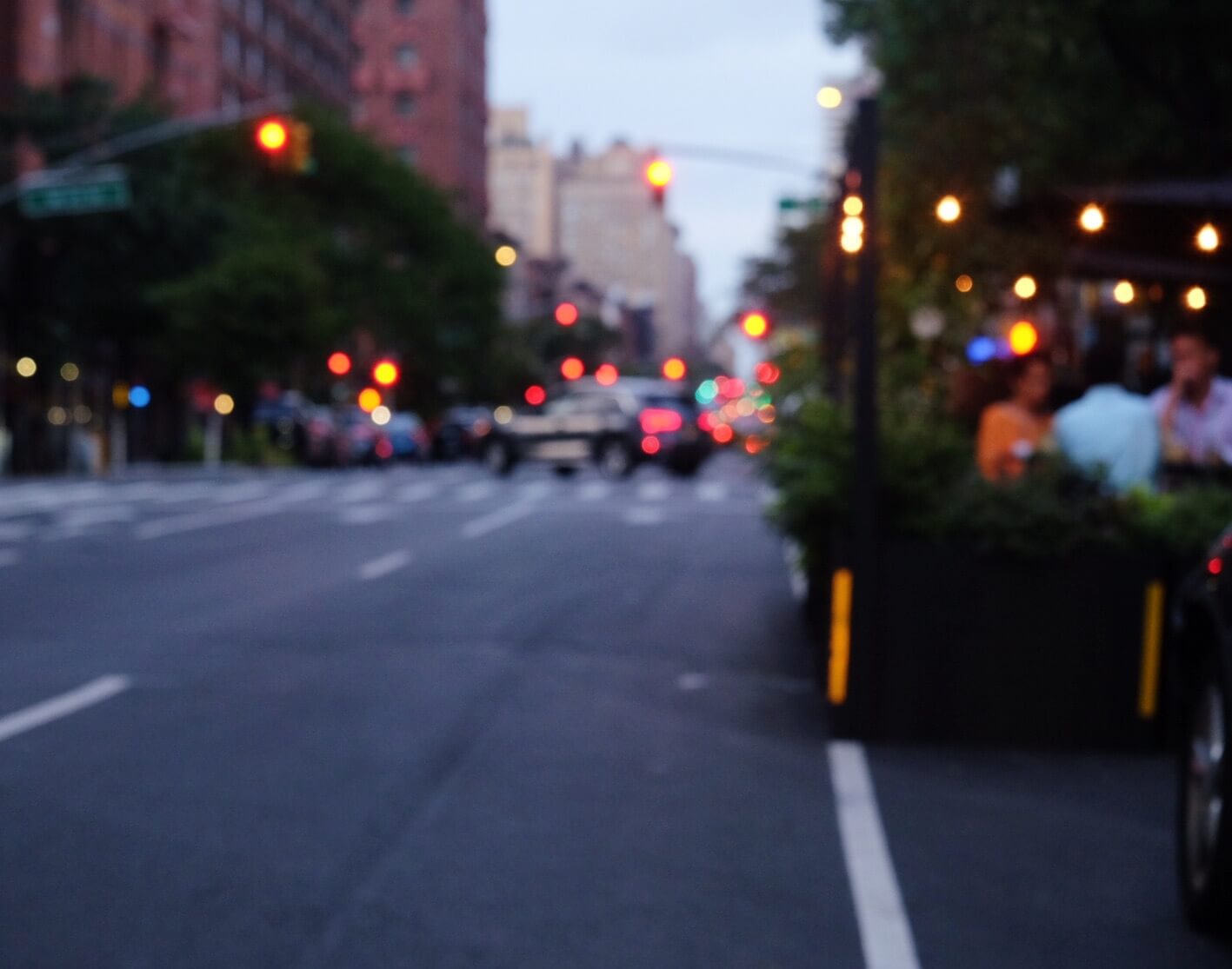
Social media exploits this part of human psychology to sell ads.

As Jeff Hammerbacher said before leaving Facebook, "The best minds of my generation are thinking about how to make people click ads. That sucks."

When you're watching your specifically tuned-to-you YouTube queue and scrolling through your curated Twitter newsfeed, first assume that you automatically do the easiest thing, and not the most difficult, before attaching your identity to whatever it is you've just been presented.

Last weekend I went back to Stamford to visit my dad before he heads back to Beaufort.
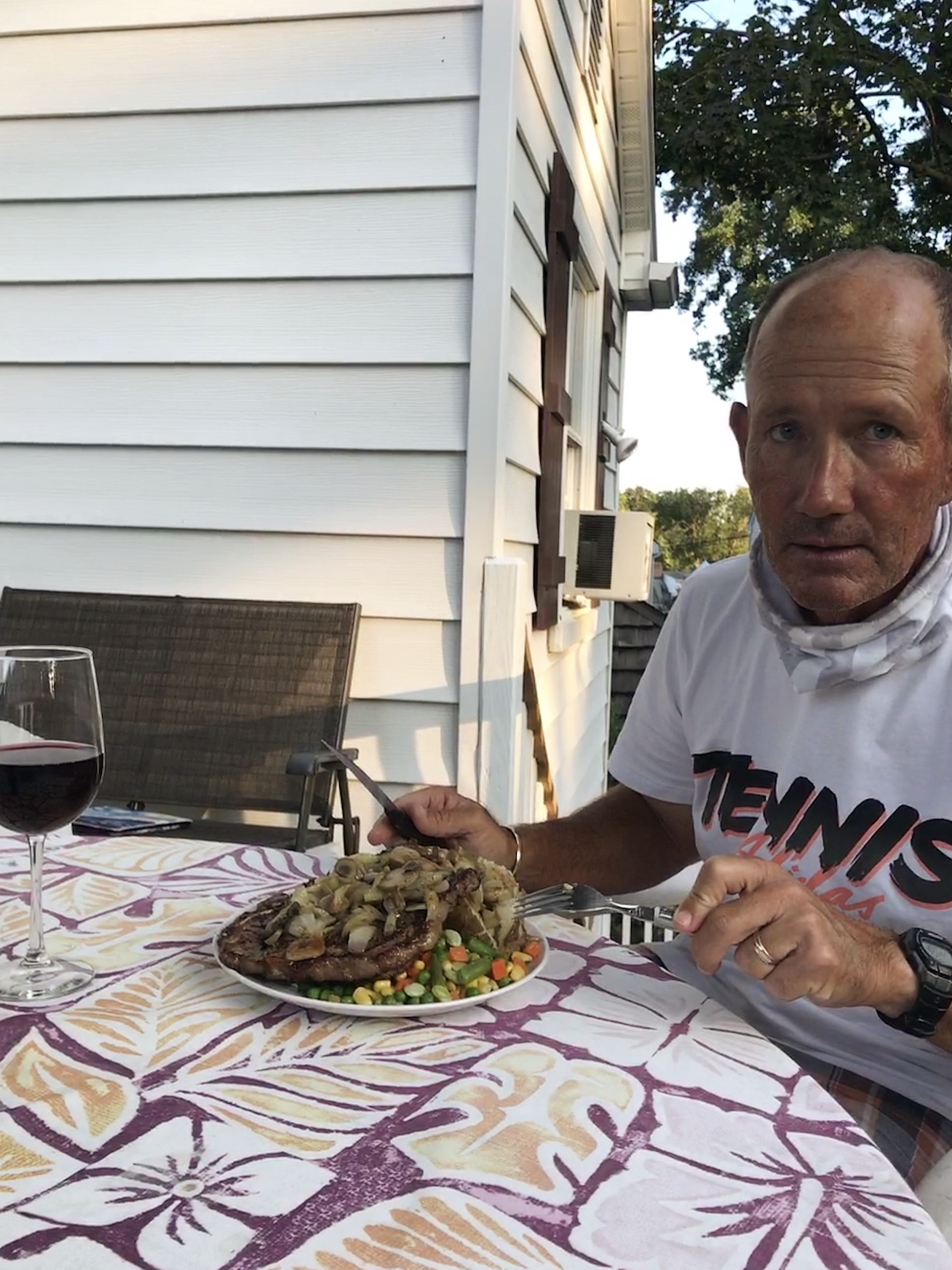
We made dinner and figured out what the important things are.
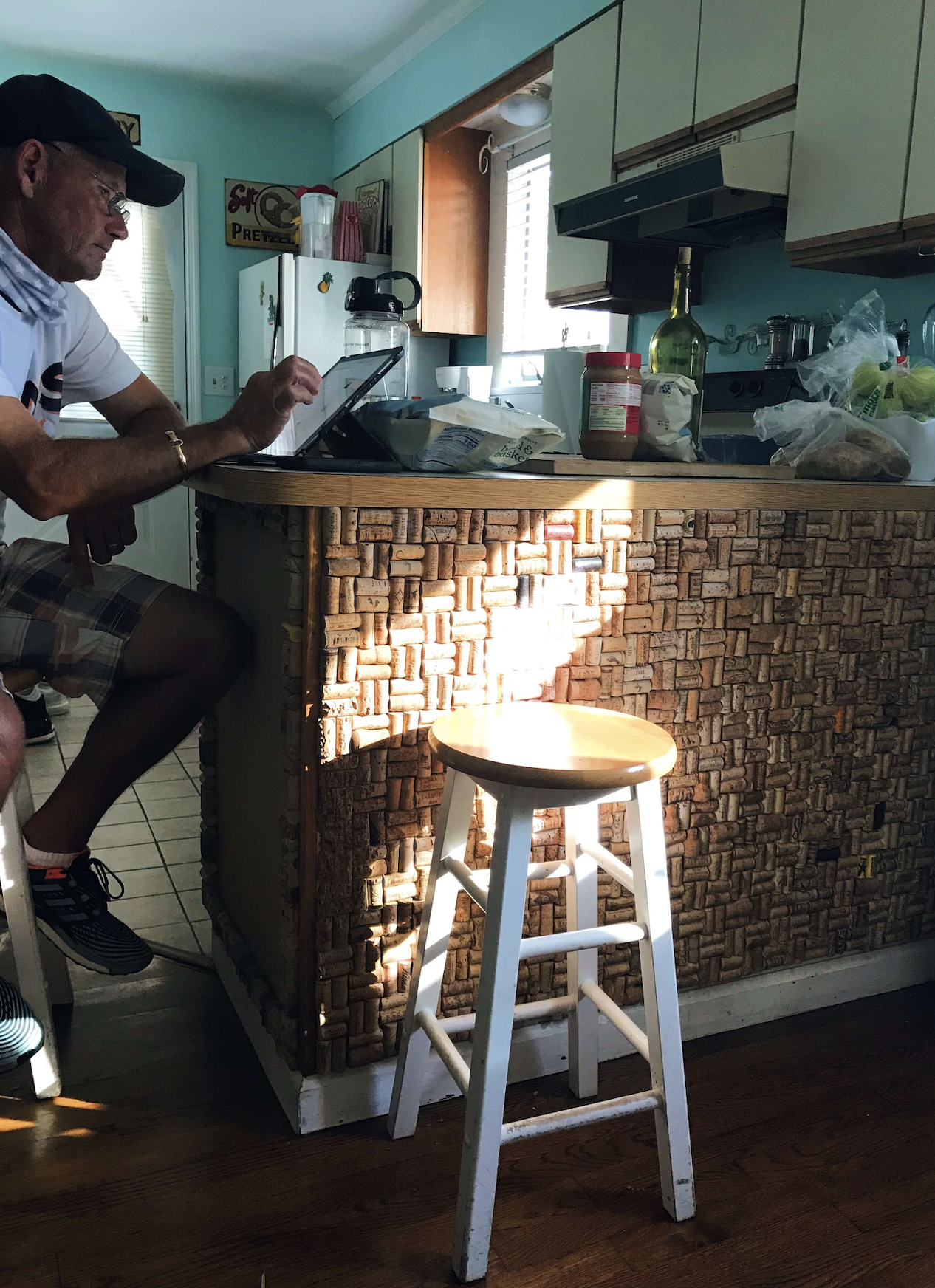
And we played golf. It was really nice.
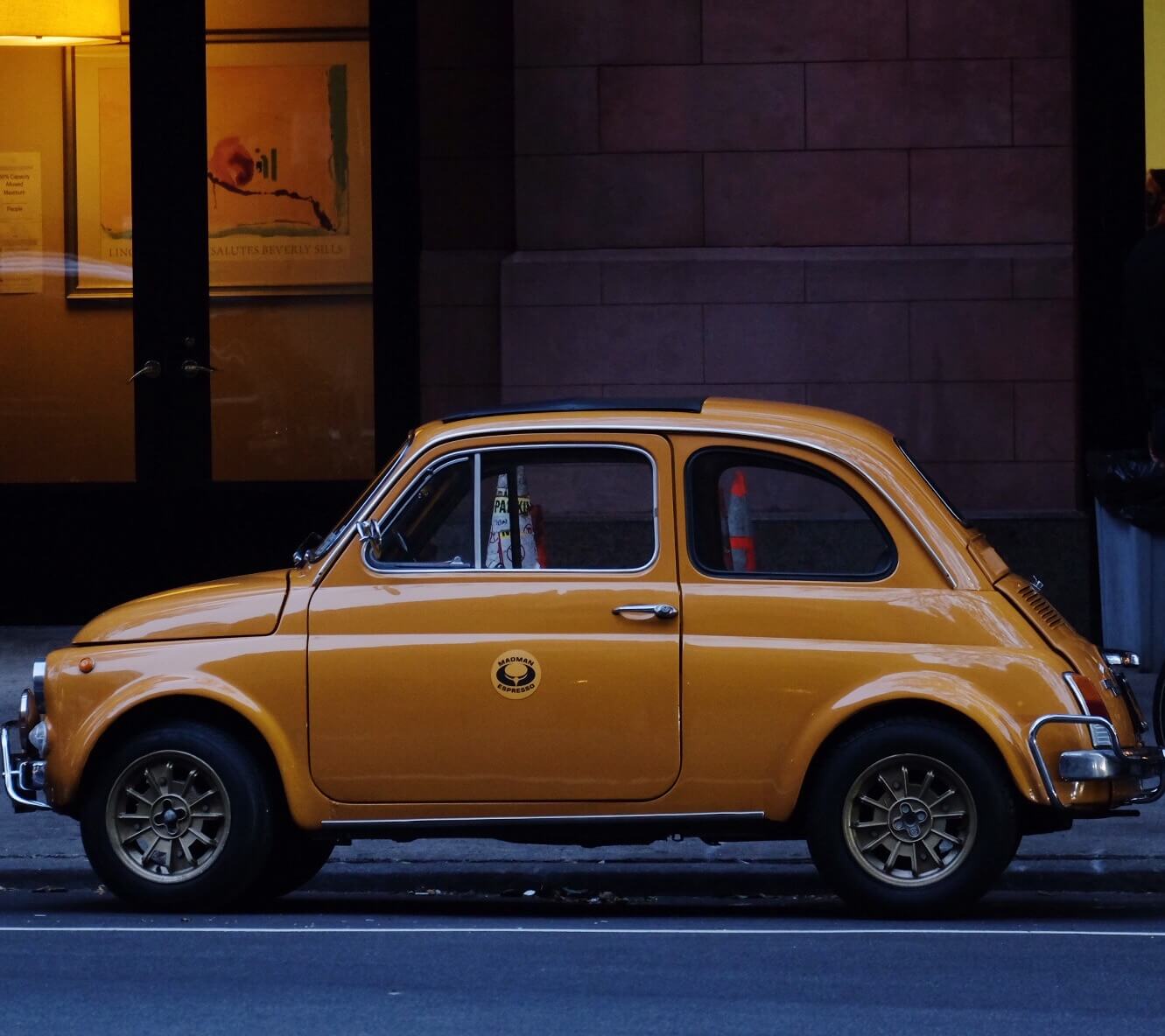
I joined a team working on a project that will automate a biology experiment in zero gravity on the ISS. The experiment is related to nerve degeneration in the eyes of astronauts when they are in space for prolonged periods of time.

We have a payload spot on a Falcon 9 rocket scheduled to launch in the Spring. The experiment will perform itself once it's in space with no intervention needed from astronauts onboard the ISS. More on that later.
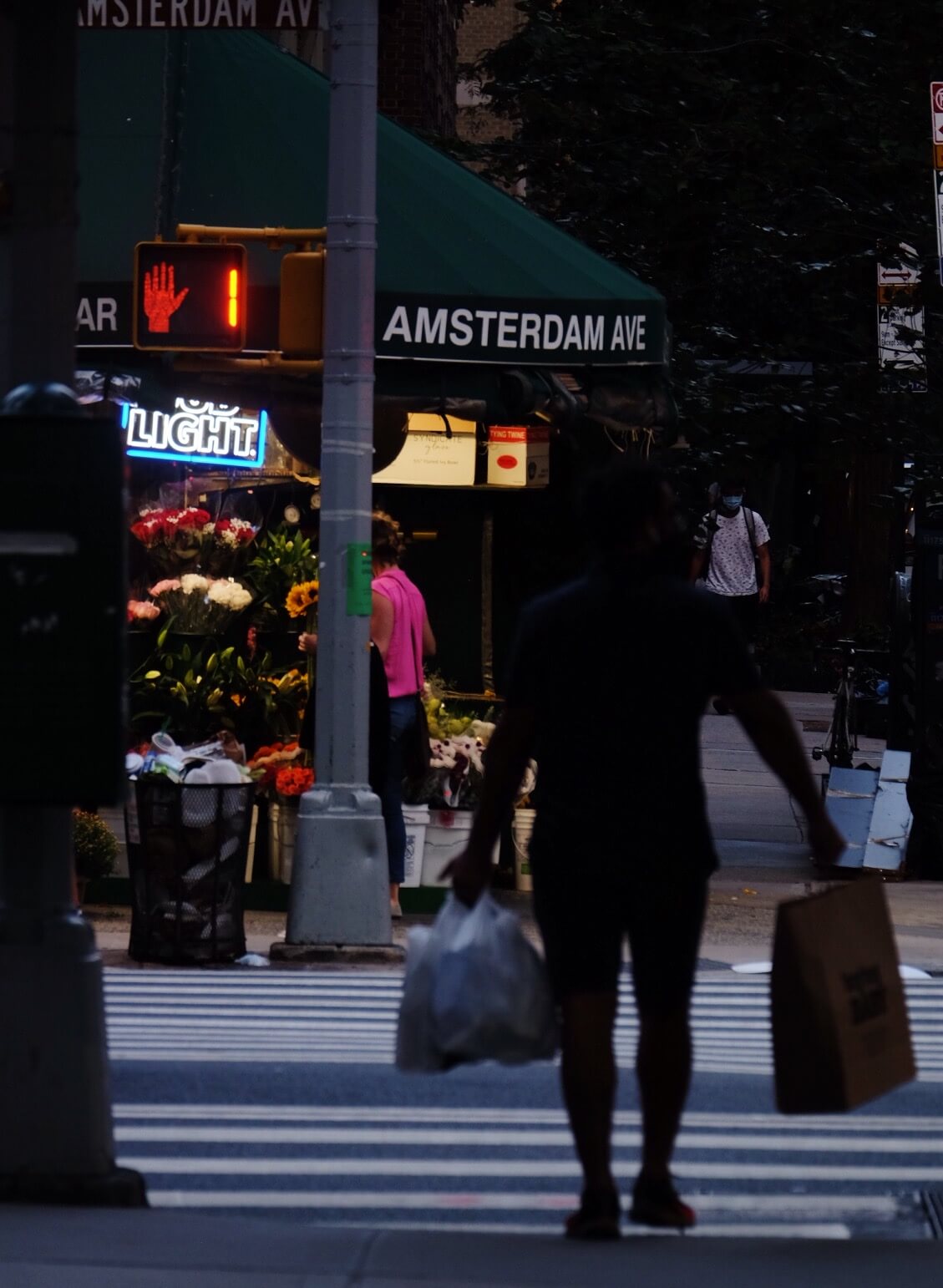


Me: "The thing that New York is missing is a system of underground tunnels."
Willem: "You mean a subway...?"

In my reinforcement learning class we're learning about agents that use epsilon greedy policies rather than greedy policies.

Essentially there is a program that chooses to do one thing over another, and then it gets a reward associated with making that choice.
As it makes choices, it remembers which ones lead to the largest rewards, and it's more likely to choose those in the future.
A program with a greedy policy always chooses what it thinks will maximize its reward, no matter what.
A program that uses an epsilon greedy policy does not always choose what it thinks will maximize its reward. Sometimes it does something totally random.


This is by design, because it's possible that the rewards it has received in the beginning, when it's learning the fastest, are not representative of how these choices pay out in the long run.
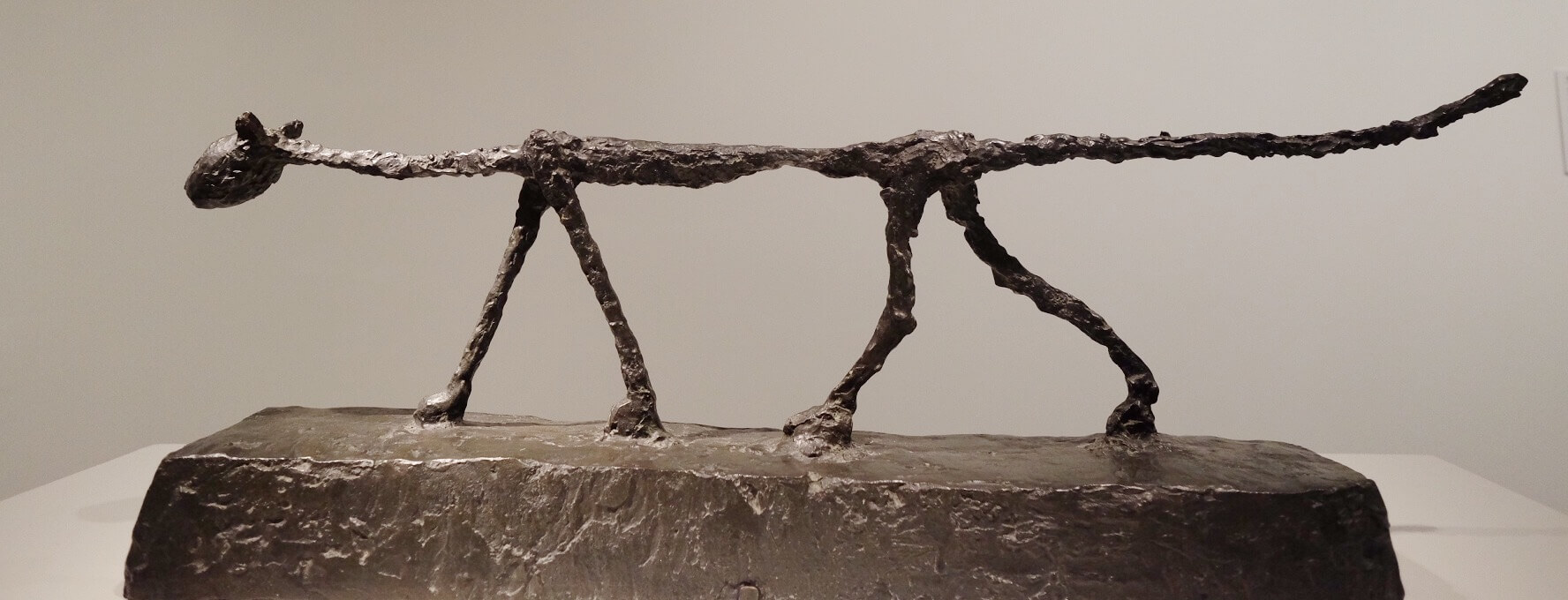
It could be the case that the program thinks some choices will have a low payout just because they were randomly lower in the beginning.

It's designed to make some choices randomly, because maybe this stupid little program doesn't know everything.
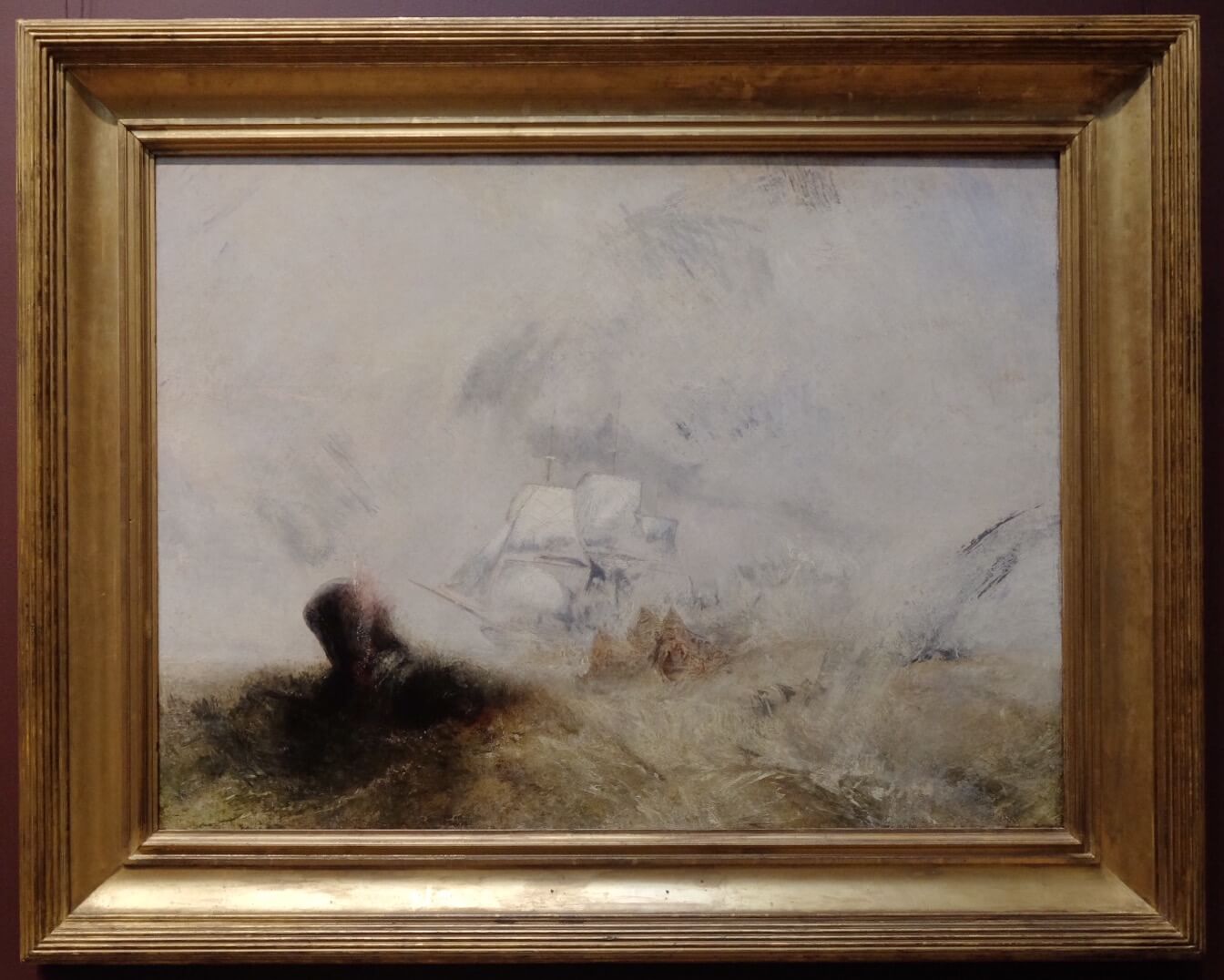
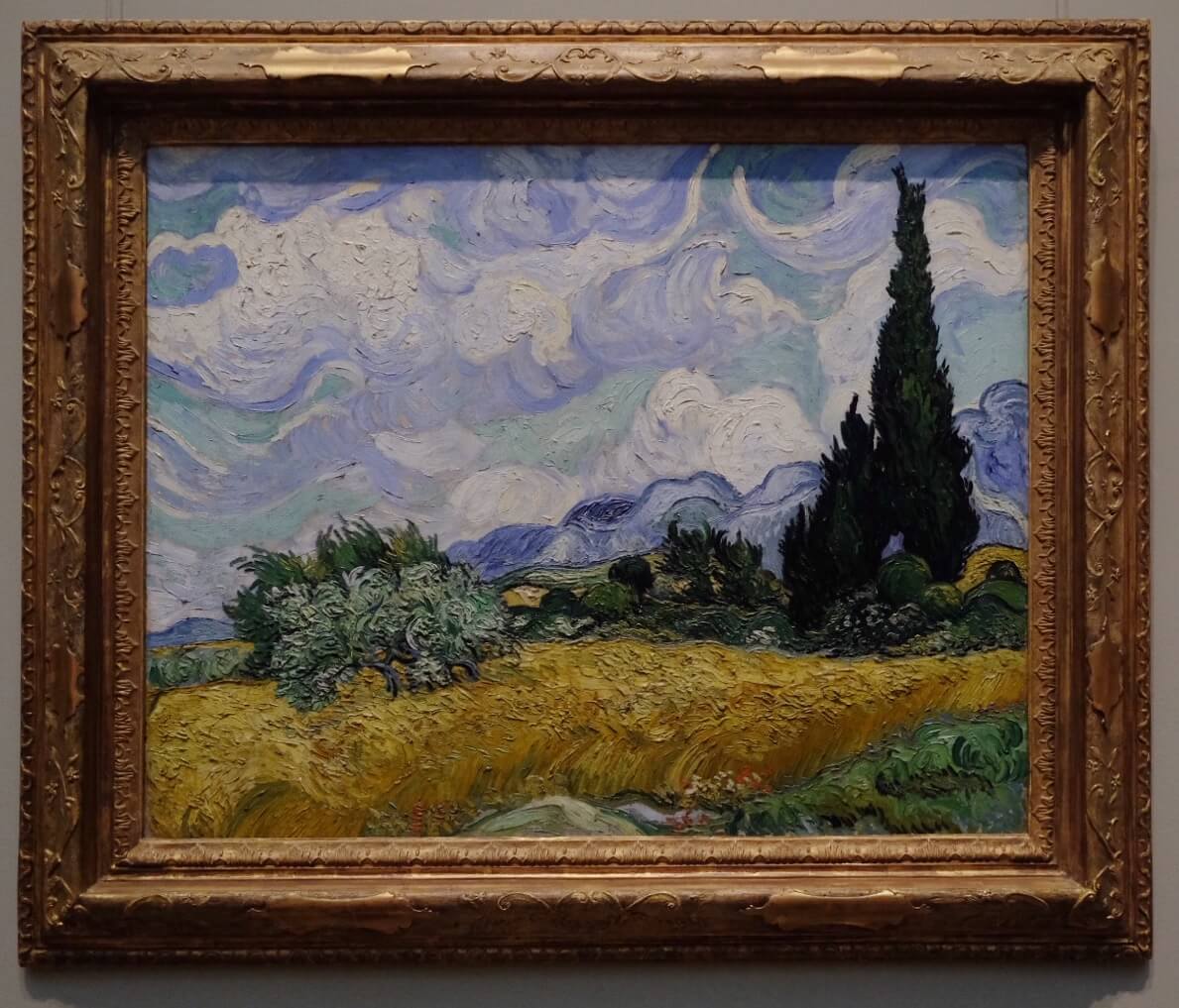
By making a random choice every now and then, it's able to "explore" the rewards offered by different choices more thoroughly, and maybe find a choice that pays out higher than it had previously thought.

By admitting its own ignorance in this way (and a myriad of other fun tricks), our stupid little program learns how to drive Teslas and order your google search results.
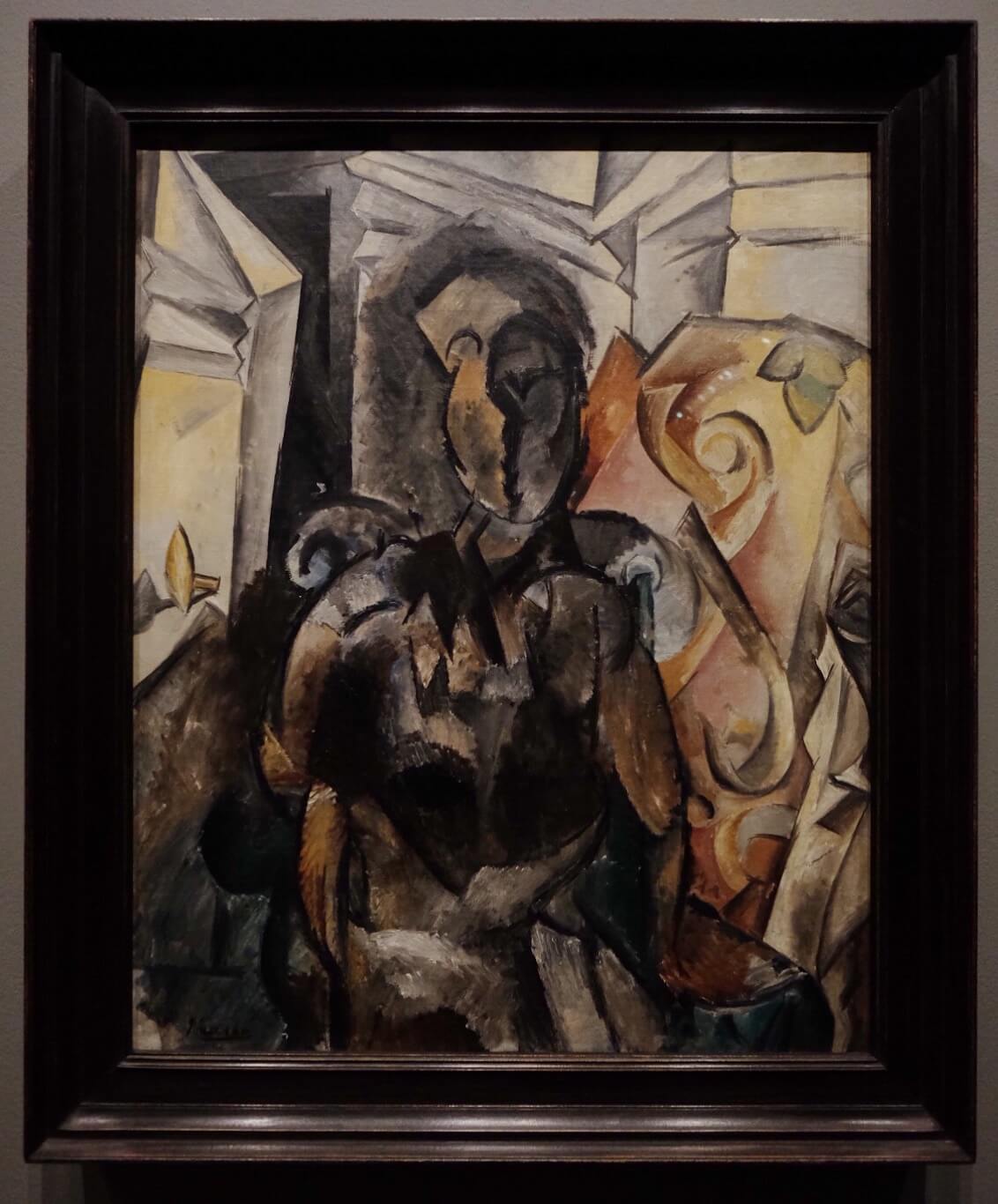
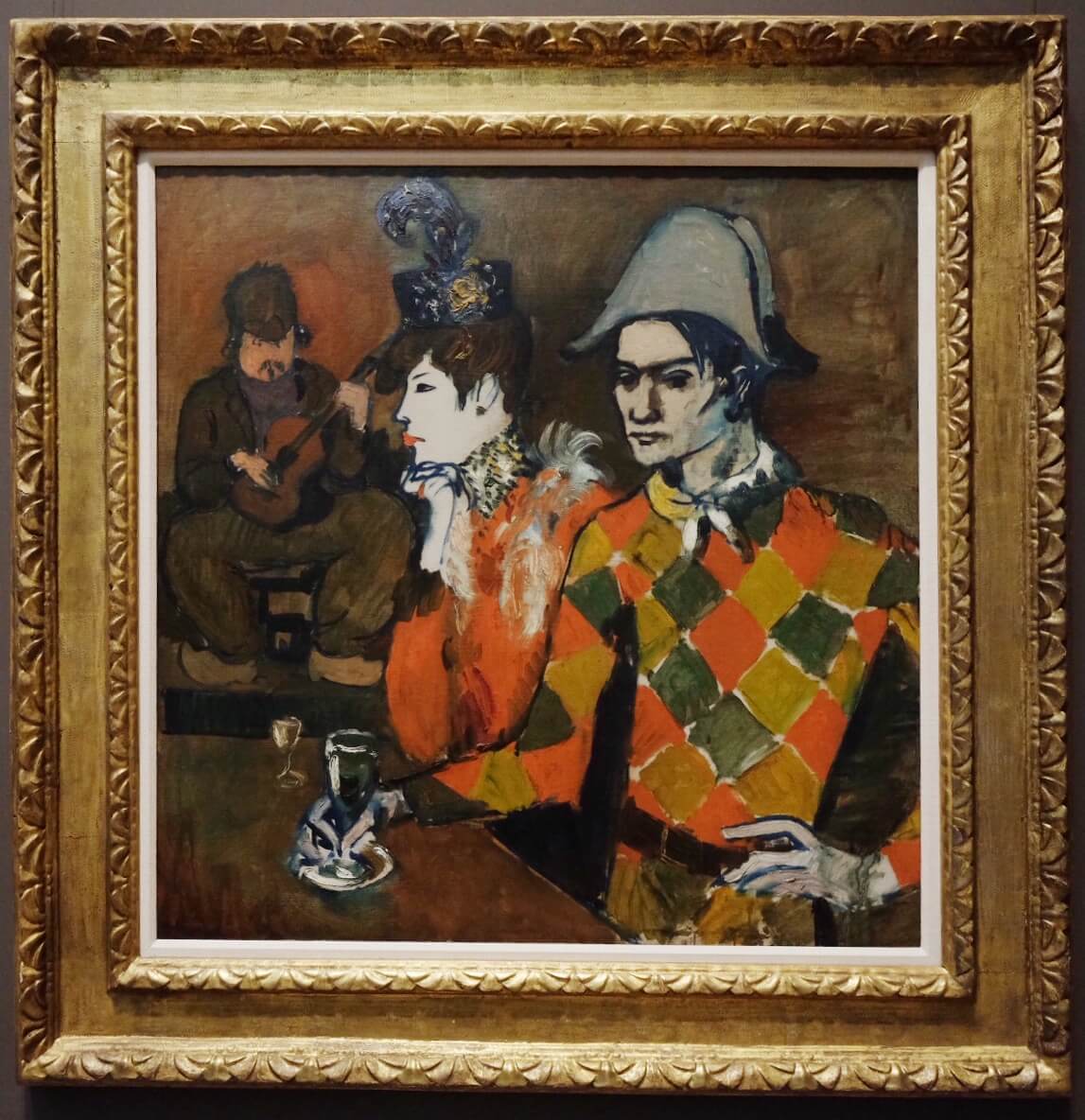
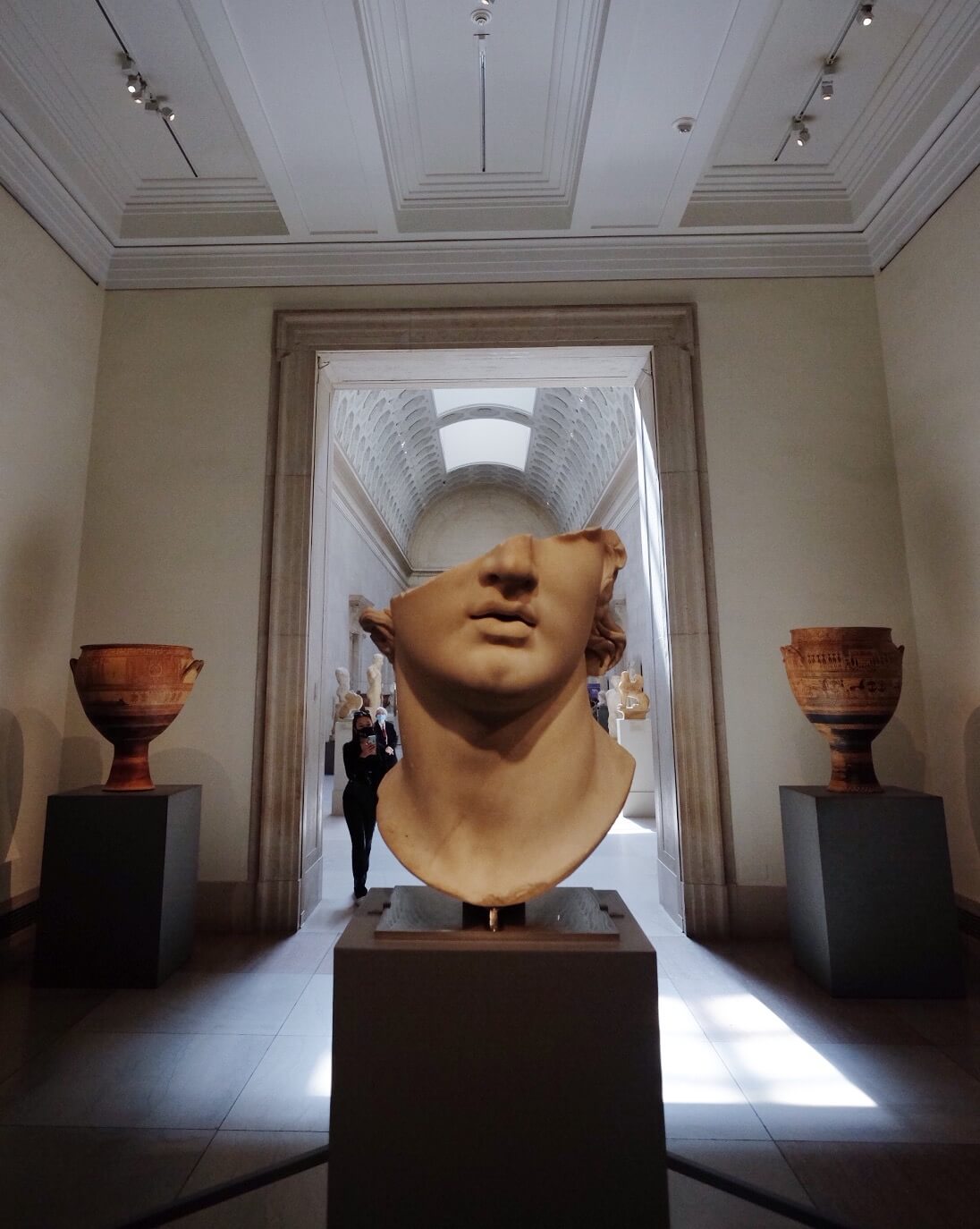

I've been lucky to be able to meet some people in my program.

They come from all over (China, Turkey, India, France, Pakistan, Finland, Australia). It really does have an international feel, which is awesome.


